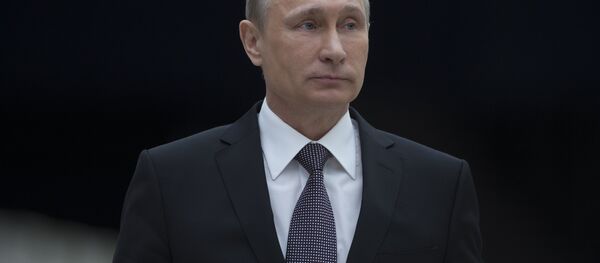Washington's modest accomplishments in defeating one of the most brutal extremist groups in the world could speak to the fact that the coalition is employing an inadequate strategy but they also highlight the IS' capacity for survival, as well as the group's resilience.
The Islamic State is a formidable foe and a major threat to the Middle East and beyond. Many seem to understand this.
"In a deeper sense, Russian, US, European, Iranian, Saudi, Chinese and Indian interests are on the same side against an enemy that threatens all of them. Everyone agrees that IS must be defeated, even though they disagree on how to do it," American international affairs magazine the National Interest asserted.
Evidently, the US-led coalition is not up to the task. After all, it had plenty of time, resources and determination (as it seemed in August-September 2014) to "degrade and ultimately destroy" the self-styled caliphate, as the US president succinctly put it. Yet, the Islamic State still maintains control over large territories in Iraq and Syria and is capable of expanding beyond its informal borders.
Moscow's increased efforts to assist the Syrian government are based on "its vision of IS as a threat to Russia itself, and Putin's view of Assad as one who stands up to that threat and refuses to give up. Fighting the enemy abroad, by bolstering an ally is preferable, of course, to having to fight in the Caucasus or Central Asia," the media outlet pointed out.
Russia has also urged to forge a coalition, which on the one hand will be truly capable of standing up against Islamic extremists and on the other will receive support of the Assad government. If created, this arrangement will also involve Turkey, Jordan and Saudi Arabia.
Nevertheless, the United States is unlikely to back this initiative.
"The Obama administration is unlikely to fall for the Putin plan of a grand coalition with Moscow, Tehran and Damascus to accomplish that, but a degree of coordination is advisable," the National Interest observed.




